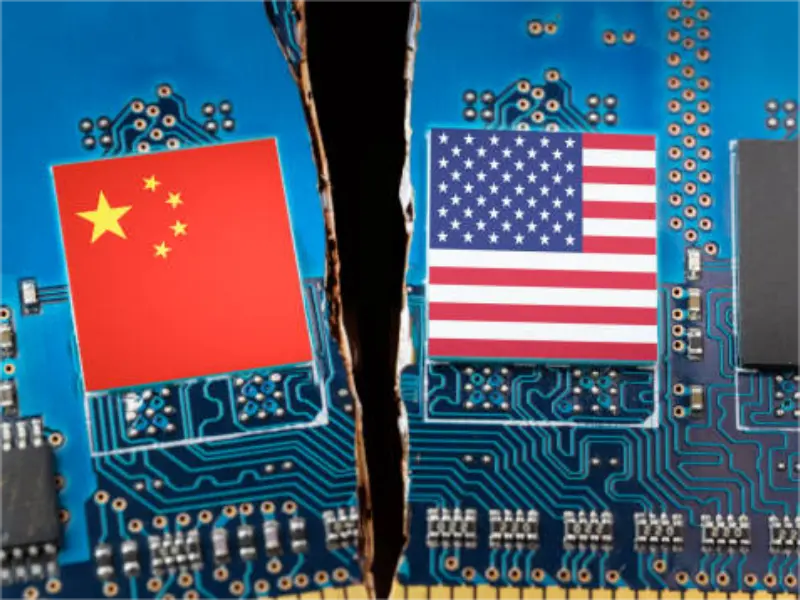- The Biden administration may use trade restrictions to prevent Tokyo Electron and ASML from supplying advanced semiconductors to China.
- US companies argue that these potential restrictions could harm their business and are pushing for a softer approach.
OUR TAKE
The Biden administration is considering imposing tough new trade restrictions on foreign companies that supply semiconductor technology to China. The potential move, known as the Foreign Direct Product Rule (FDPR), is aimed at curbing the activities of companies such as Tokyo Electron and ASML if they continue to allow China access to advanced chip-making equipment. This proposal is part of a wider attempt to prevent China from acquiring cutting-edge technologies that could enhance its military capabilities. Despite the potential national security benefits, the proposal has met with opposition from US companies and international allies because of its potentially drastic implications.
—Heidi Luo, BTW reporter
What happened
The Biden administration has told its allies that it may use the Foreign Direct Product Rule (FDPR) to impose strict trade controls on companies such as Tokyo Electron and Netherlands’ Advanced Semiconductor Material Lithography(ASML) if they continue to supply advanced semiconductor technology to China.
This measure is strategically designed to limit China’s access to key chip-making equipment. In response, the US has actively engaged with officials in Japan and the Netherlands, stressing that activation of the FDPR could be imminent unless these countries strengthen their export controls on China.
However, there is significant opposition to the use of FDPR from the companies involved. They are concerned that such a move could lead to defiance from Japan and the Netherlands, which could end their cooperation.
In addition, there is widespread concern that companies around the world may be forced to eliminate American products from their supply chains in order to avoid these new restrictions. This situation has already affected financial markets, as evidenced by a notable 8% fall in Tokyo Electron’s shares, which contributed to a sharp fall in Japan’s Nikkei 225 stock average.
Also read: US sanctions force China chipmakers to focus on older-generation designs
Also read: U.S. urges allies to tighten control over Chinese semiconductors
Why it’s important
The US government’s decision is seen by both American companies and international partners as a serious step that could disrupt global supply chains and cause diplomatic rifts, particularly with key technology partners such as Japan and the Netherlands, according to Bloomberg.
In addition, these developments have raised concerns among major chip equipment manufacturers. Three of America’s biggest chipmakers, Applied Materials, Lam Research and KLA, have criticised the current trade policy as damaging, claiming they have lost billions in revenue and that the policy is driving global customers to competitors outside the US.
The US chip industry advocates a more balanced policy approach and has proposed expanding the Unverified List criteria to require licences for certain high-risk transactions.
However, the policy could also be the cause of a diplomatic crisis between The Hague and Washington, according to people familiar with ASML’s thinking.

